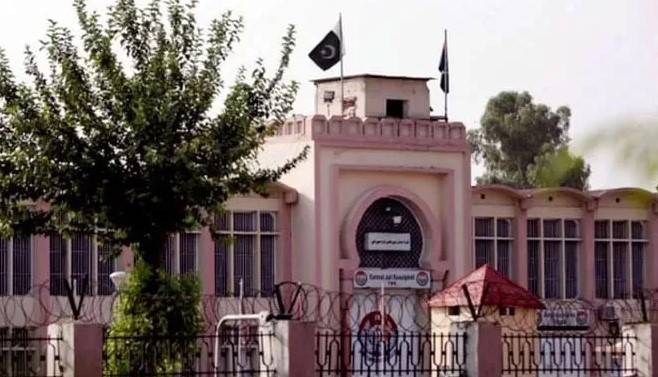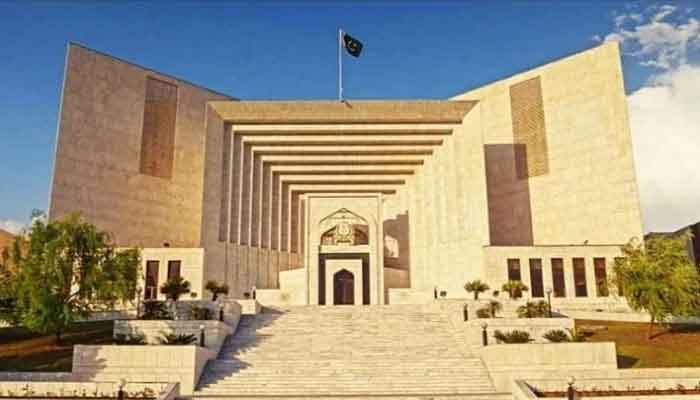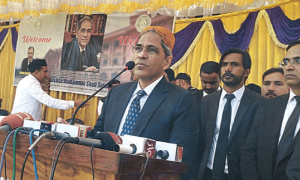LEGAL

The wife of the former Deputy Superintendent of Adiala Jail, Muhammad Akram, has officially withdrawn her petition for his recovery following a police report presented in the Lahore High Court Rawalpindi Bench.
During the court hearing, Muhammad Akram's wife, along with her lawyer Iman Mazari and police officials, appeared before the bench. The case centered around the mysterious disappearance of Akram, who had been missing for the past two months.
The police, presenting their progress report, informed the court that Akram was not wanted in any case and confirmed his custody. The report revealed that a case had been registered against Akram by the Anti-Corruption Establishment in Sheikhupura, and he was initially on a three-day physical remand. However, he has now been placed under judicial remand.
After the police report was submitted, Akram's wife decided to withdraw her petition for his recovery, ending her pursuit of locating her missing husband.
Background of the Case
Muhammad Akram, the former Deputy Superintendent of Adiala Jail, had been missing for two months. Concerns over his whereabouts grew as his family and legal team searched for answers. However, just three days ago, it was revealed that Akram was in the custody of the Anti-Corruption Establishment, undergoing interrogation regarding charges filed against him in Sheikhupura.
The Anti-Corruption Establishment registered the case as part of an ongoing investigation into alleged misconduct. Akram’s detention was kept confidential until recently, sparking concern among his family members. His wife’s recovery petition was a legal attempt to locate him and clarify his legal status.
Court Proceedings
The Lahore High Court Rawalpindi Bench played a crucial role in bringing the matter to light. At the hearing, the police assured the court that Akram was safe and under judicial remand. The revelation of his legal status eased the concerns of his family, and upon receiving the police report, his wife chose to withdraw her petition.
While the exact charges against Akram remain under investigation, the Anti-Corruption Establishment has taken control of the case. The court did not provide further details on the allegations or the expected timeline for Akram’s trial.
What’s Next?
The case against Muhammad Akram will now proceed through judicial channels as the Anti-Corruption Establishment continues its investigation. Akram’s remand marks a significant development in the case, but the outcome will depend on the court’s final ruling on the charges brought against him.
As the case unfolds, it highlights the ongoing efforts by anti-corruption agencies in Pakistan to hold public officials accountable. However, it also raises concerns about transparency in high-profile cases involving prolonged detentions without family notification.




